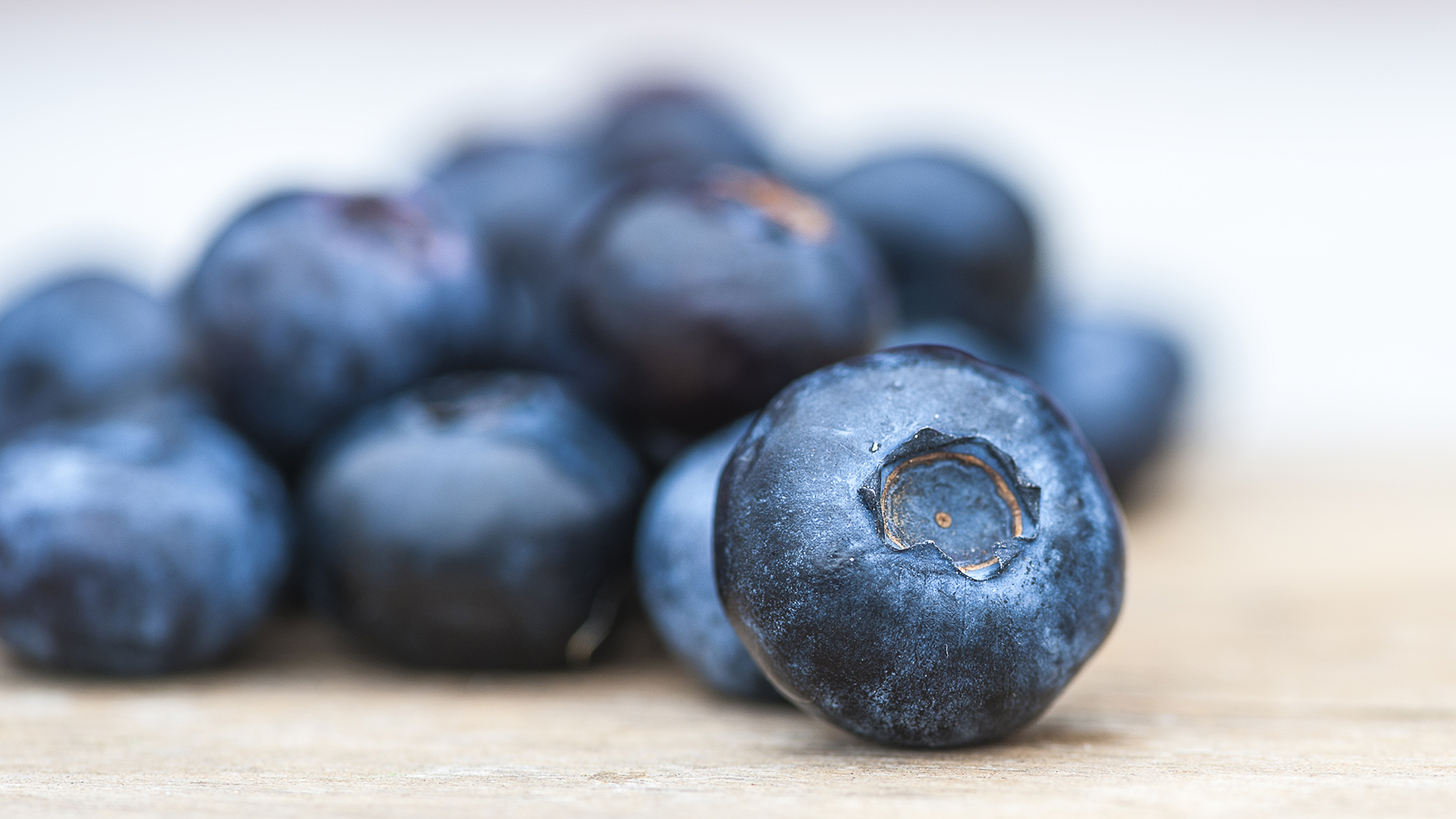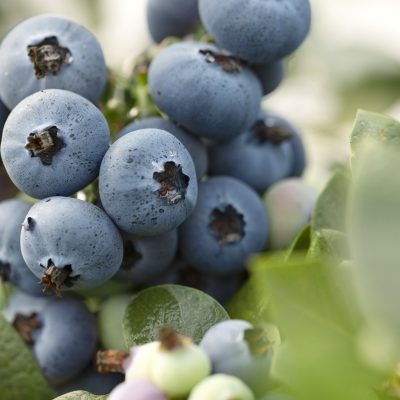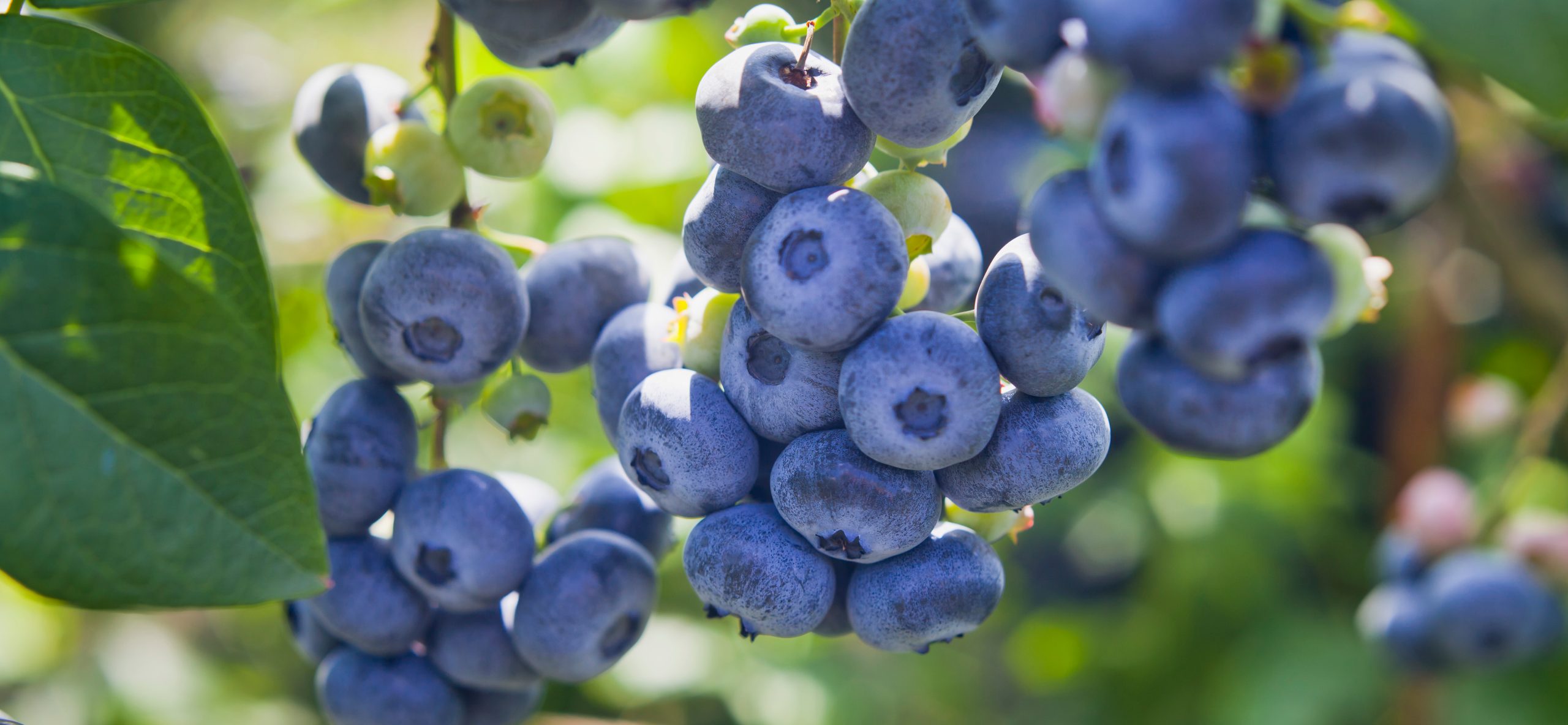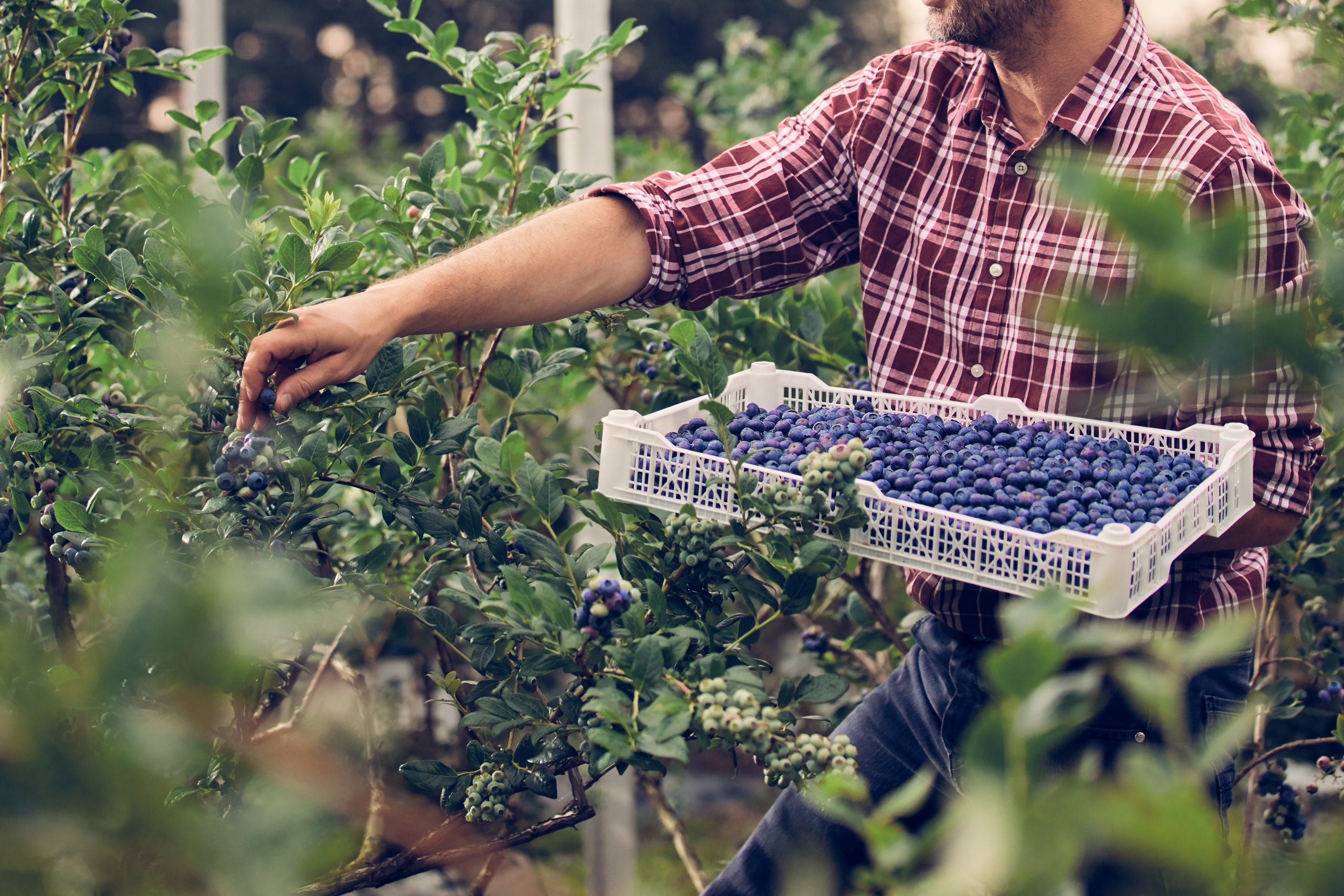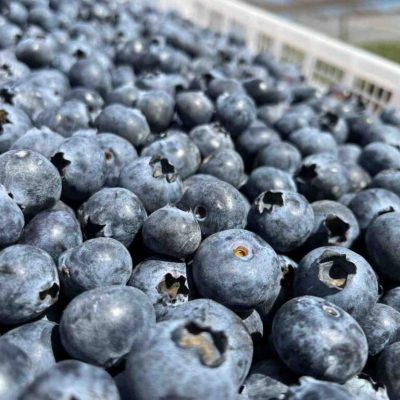Blueberries are wanted 24/7, says Hortifrut — and avos are ‘green gold’
Hipsters and health nuts the world over want more avocados for their toast and blueberries for their everything. Enter Chilean grower Hortifrut.
The Santiago-based company has ramped up deal-making and expansion plans to boost production and meet demand. Now it’s poised to close a deal announced in October to pay $160m for Peru’s Grupo Rocío, that country’s largest blueberry producer.
Together with expansion plans in Mexico, the US and China, the move will more than double berry production, including blueberries, to more than 100-million kilograms in the current harvest from the previous year, Victor Moller, the company’s chair, said. And there’s more to come.
“People laugh at me because I still think this company is in its infancy,” Moller said of the 38-year-old company that went public in 2012. “But it’s a baby with a huge growth potential.”
Investors are happy so far, considering Hortifrut is up more than 500% since the initial public offering (IPO), compared to a 29% increase for the benchmark IPSA Index in Chile in the same period. Revenue has more than doubled to $367m since before the listing, though it slipped by 9% in 2017, according to data compiled by Bloomberg.
Berry love
Blueberries have become something that consumers want 24/7, year-round, said Roland Fumasil, senior fruit and vegetables analyst at Rabobank in California in that state’s agricultural powerhouse of Central Valley.
Worldwide, some 1.7-million tonnes of blueberries were produced last year, two and a half times the number in 2000, according to consultancy fresh4cast.com. That should reach 2-million tonnes in two years. The US is the biggest producer of blueberries, followed by Canada and Chile, which is the largest global exporter.
“When it comes to demand, it’s really inelastic,” Fumasil said. “People just have to have their blueberries.” And the Chinese are willing to pay.
Chinese demand
In January and February, the peak of the Chilean harvest, blueberries exported to the port of Jiangnan in China were sold at an average of $10.04/kg, according to data from agricultural consultant iQonsulting. On the US East Coast, the average price was $6.40/kg.
With so much demand, Hortifrut’s eyeing more acquisitions, Moller said. “We’re always trying to defend our leading position in the world. It’s part of our business model, to grow in partnerships with leading companies either in production distribution, genetic engineering, processing or logistics.”
In 2016, Hortifrut signed a joint-venture agreement with California’s Munger Farms to combine assets in California, Oregon and Washington states. A year earlier, it signed a joint venture with China’s Joyvio Wing Mao, of which Hortifrut owns 51%.
“We want to plant as much as we can as China will be a market as important as the US,” Moller said. “Europe is just starting to consume blueberries, it has a lot more to grow.”
China offers “phenomenal growth,” said Mihai Ciobanu, CEO of fresh4cast.com at a conference last month. “Chile is shifting more and more of its volumes towards China. Prices paid in Asia are coming down a bit as the market matures, but there’s still a gap above what North America pays.”
Avocados, too
Hortifrut isn’t solely betting on blueberries. It’s also part of a worldwide joint venture called Naturipe Avocados, which distributes the pitted fruit that is deemed by some as “green gold.”
“Avocados are one of the most interesting products,” Moller said. “We already sell to the best 500 clients in the world and there’s an interesting opportunity in selling healthier products.”
18/04/2018



